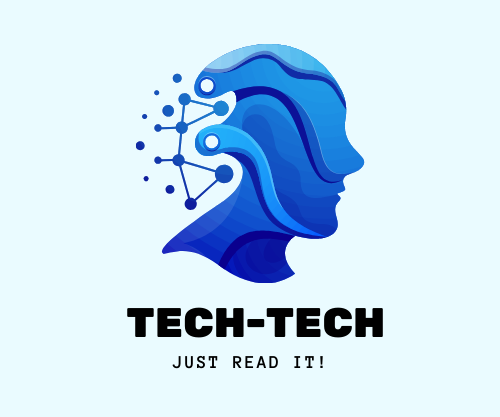By Sami Bel Hadj
Understanding the Intricacies of Pricing and Market Dynamics
Ever since I was young, I’ve been intrigued by how the price of a product or service is determined, especially when it competes in an open market with similar offerings. As a consumer, we often lack assurance that the price we pay reflects the quality among competing products. Who hasn’t had the bitter experience of purchasing a product based solely on price, only to discover it’s of lower quality than cheaper alternatives? This often happens when buyers or sellers lack comprehensive information about the market configuration.
The Concept of Information Asymmetry
Recently, I delved into books and academic papers and found that this situation—where one party lacks accurate information about a product or service—is called “information asymmetry.” This concept was first described by George Akerlof in his seminal paper, “The Market for ‘Lemons’: Quality Uncertainty and the Market Mechanism.” In this paper, Akerlof argues that information asymmetry can lead to market failure due to “adverse selection” and “moral hazard.”
For markets to flourish, both buyers and sellers need access to trustworthy information to make informed decisions. When the information gap is too wide, markets can shut down, and beneficial trades do not take place. Akerlof illustrated this with the “lemon problem,” where buyers, unable to differentiate between good and bad cars, end up purchasing low-quality ones, driving good-quality cars out of the market.
Addressing Information Asymmetry with Blockchain
Traditionally, addressing information asymmetry involves third parties that provide verified information to both sides of a transaction, adding costs and requiring trust in these intermediaries. However, this trust-based solution isn’t foolproof, and the concentration of power among few actors (like GAFA—Google, Apple, Facebook, Amazon) has further exacerbated the issue.
Blockchain technology offers an innovative solution to this age-old problem, eliminating the need for trust as a prerequisite. Blockchain can help create healthy markets with less information asymmetry by providing a decentralized, transparent, and secure system.
Defining Blockchain in a Market Configuration
Blockchain represents a paradigm shift in designing economic systems involving multiple peers with divergent interests. Here are the key traits of such systems:
- Decentralized, Governed by Rules Without Rulers: By favoring thick protocols over platforms, blockchain embeds value transfer within the protocol, reducing the need for intermediaries. This setting lowers the risk of a few players monopolizing market information.
- Network-Derived Trust: Blockchain significantly reduces verification costs. Trustless systems enable cheap verification of transaction attributes (parties involved, authorization, amounts, history), making markets more “censorship-resistant” and distributing power across the network.
- Secure Transactions: Blockchain ensures transactions are fully secured by cryptography, providing encryption, digital signatures, and authentication.
Encouraging Transparency and Market Inclusion
Blockchain encourages data transparency by evenly distributing pertinent transactional information among market actors. It also ensures data immutability, maintaining a complete history accessible to all participants. By lowering networking and verification costs, blockchain fosters market inclusion, making data less asymmetric and markets more secure and efficient. This shift encourages beneficial transactions, driving out the bad actors and fostering a healthier market ecosystem.
Conclusion
I’m not advocating for 100% information symmetry in markets—that’s impossible. Market participants will always keep some information for competitive advantage. However, blockchain can enforce sharing enough information to eliminate systemic risks like adverse selection and moral hazard. By promoting transparency, security, and decentralized trust, blockchain technology can transform markets, ensuring the good drives out the bad.
